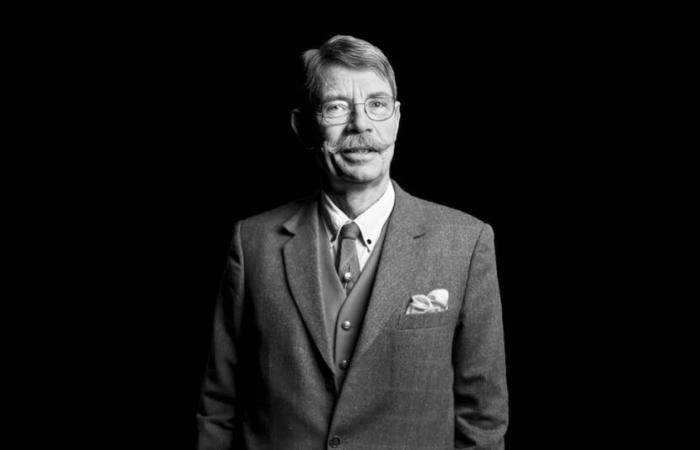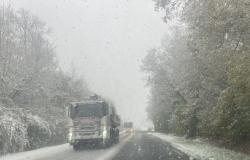For several months, and more particularly for several weeks, Algeria has decided and chosen to place itself in an almost pre-conflict situation with Morocco. The reasons for this immensely dangerous policy are multiple.
The first is that as diplomatic failures accumulate, both on the question of the so-called “Western” Sahara, on which its leaders are stubborn, and on those of the management of the Malian and Libyan crises, Algeria has decided to hide its international disappearance by trying to change the situation through demonstrations of force and martial speeches.
The second reason is due to the internal balances of the country which is torn apart by a fierce clan war. Also, in order to maintain a minimum of cohesion between them, what could be better than denouncing an alleged external danger?
The third reason is that, if the Algerian “System” has artificially triumphed over Hirak, its leaders are aware that the social climate is still, and even more and more, explosive. Even more, the last presidential elections demonstrated that the “regime-system” had lost all legitimacy. While half of the Algerian population is under 20 years old, the country is in fact led by old men whose only “legitimacy” is to have fought, sometimes in imagination, against the French presence between 1954 and 1962 In these conditions, wouldn’t a policy of tension and warlike speeches against our Moroccan neighbor be a good way to muzzle opposition? Indeed, as with all criticism, the response is the accusation of treason, any discordant voice must be silent if it does not want to face prison. This therefore makes it possible to establish, in the name of “patriotism”, a real dictatorial system.
The fourth reason is that, if the “System” managed to resolve the question of the succession of President Bouteflika to the best of its interests, it did not avoid economic collapse, with the rise in prices, shortages and the market black. Today, Algeria is no longer able to satisfy the basic needs of a population whose annual growth rate is 2.15% with almost 900,000 new mouths to feed each year.
The country does not produce enough to clothe, care for and equip its population, so it must buy everything abroad. Since agriculture and its derivatives only make it possible to satisfy between 40 and 50% of the country’s food needs, a quarter of revenues from hydrocarbons are used to import basic food products. The importation of food and consumer goods currently represents around 40% of the bill for all purchases made abroad (National Center for Informatics and Statistics-Customs-CNIS).
“Wouldn’t a policy of tension and warlike speeches against our Moroccan neighbor be a good way to muzzle opposition?”
The only question that now arises is whether the State will be able to buy social peace for much longer. Algerian leaders are well aware of the fact that, infused with subsidies, if the legitimist base of the population did not join Hirak, it was only out of fear of seeing the triumph of a revolution which would have deprived it of the 20% annual budget. of the State which is devoted to “rights holders”…
Algerian leaders are aware that youth unemployment reaches at least 35% and that social poverty is such that some observers do not hesitate to speak of the “infamy” of a part of the population. They know that industry is non-existent, the banking system is antediluvian, and that with more than 1.5 million civil servants, the administration is pachydermic. They know well that society is punctuated by deep regional, ethnic, religious and generational divides. But the “System” cannot question itself because, for too many years, its cacochyme leaders have thrived on the myth of resistance to colonization, bunkered with the numerous associations of rights holders, including the mujahideen or the children of martyrs, who block Algeria on obsolete patterns by turning their backs on modernity and, perhaps even more serious, on reality.
Faced with a situation due to the plundering of state resources, mismanagement and incompetence, those who have ruled the country since 1962 are politically and socially cornered. This is why they chose to rush forward through warlike postures, hoping to rally around them a population that no longer trusts them. But in doing so, they are only postponing the moment when the popular groundswell will eventually sweep them away.
For the future of the Maghreb, all that remains is to hope and pray that their struggle for their own survival does not lead to a devastating conflict for which, in the eyes of history, they would bear all the responsibility.






